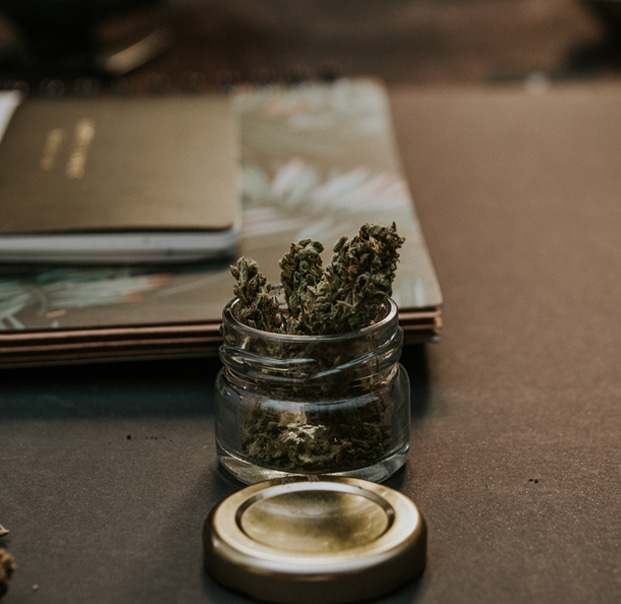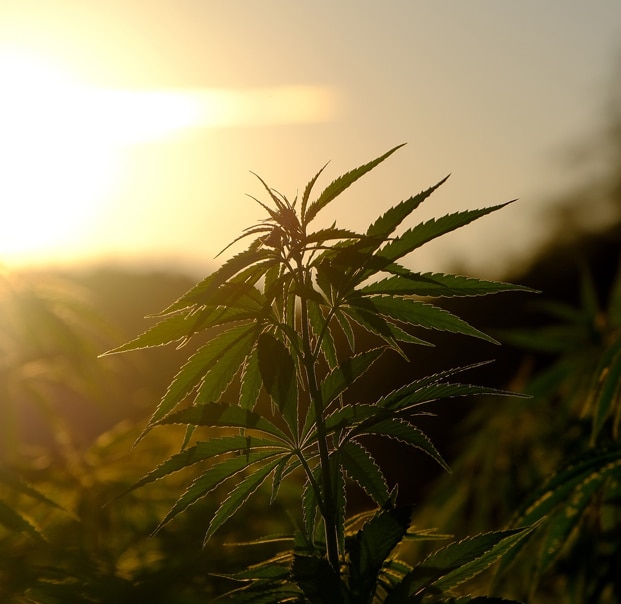Background
North Dakota’s approach to cannabis regulation has evolved since medical marijuana was legalized through the passage of SB 2344 in 2016. The state has a specific framework for medical marijuana dispensaries, with a focus on serving patients with chronic, debilitating, or terminal medical conditions.
Types of Cannabis Licenses in North Dakota
Cultivation Licenses
Permits for growing cannabis, with various tiers based on facility size and growing conditions.
Manufacturing Licenses
Allows for processing cannabis into various products, including extracts and edibles.
Retail Licenses
Enables the operation of dispensaries and delivery services for medical and/or recreational use.
Distribution Licenses
Required for transporting cannabis products between licensed facilities.
Cultivation Licenses
Manufacturing facilities grow and process medical cannabis. Only 2 licenses issued.
Back to the TopManufacturing Licenses
Integrated with cultivation under same license. State-regulated GMP required.
Back to the TopRetail Licenses
Dispensary licenses limited to 8 across the state. Application involves security and zoning.
Back to the TopHow to Obtain a Cannabis License in North Dakota?
Requirements and Application Process
- Application Fee: Applicants must pay a non-refundable application fee of $5,000.
- Documentation: Submit legal documentation, evidence of compliance with local laws, and detailed operation plans.
- Background Checks: Principals of the business must consent to and pass criminal history record checks.
Compliance with State Regulations
Compliance involves adhering to security, safety, and operational guidelines as specified by the state, including specific requirements for manufacturing facilities and dispensaries.
Note: North Dakota medical marijuana regulations mandate patients to consult a healthcare provider who recommends the use of medical marijuana after looking at their medical records to ensure that they possess qualifying medical conditions for a medical marijuana card.
So, when conducting a B2C Cannabis business, ensure that your activities are fully legal.
Payment and Fees
Note: Fee structures are subject to change. Consult the official North Dakota cannabis regulatory website for current fee schedules.
Application Fees
The application fee covers the initial costs associated with processing and reviewing cannabis business license submissions in North Dakota. These fees vary depending on the type of license and the size of the proposed operation. It’s essential to ensure all application materials are complete and accurate to avoid delays or additional costs.
License Fees
License fees are required to maintain compliance and secure operating privileges for cannabis businesses in North Dakota. These fees are determined based on the license type, such as retail, cultivation, or distribution, and are typically due annually. Staying current with license payments is crucial to avoid penalties or disruptions in business operations.
Remaining Compliant with North Dakota Regulations
Staying compliant involves regular reviews of operational practices, security measures, and adherence to product safety standards. North Dakota requires individuals to have a qualifying medical condition and a medical cannabis card to legally buy medical marijuana from dispensaries holding a valid marijuana business license. So, businesses must be diligent when selling your marijuana products in the State.
Risk and Compliance Factors From AlphaRoot
The cannabis industry, while burgeoning with opportunities, is not without its complexities and inherent risks. Understanding and mitigating these risks is crucial for long-term success. AlphaRoot, a prominent insurance and risk management firm specializing conduct business in the cannabis sector, sheds light on the key risk and compliance factors
1. Regulatory and Legal Risks
Labyrinthine Regulations The cannabis industry is highly regulated, and compliance with state and local laws is paramount for cannabis establishments. Navigating the intricate web of regulations, which can vary significantly from one jurisdiction to another, poses a substantial challenge for cannabis establishments. Failure to comply can result in fines, license revocation, or legal consequences.
Federal Ambiguity Cannabis remains illegal at the federal level in the United States, despite state-level legalization of recreational marijuana. This dichotomy creates uncertainties and exposes businesses that sell recreational marijuana here to potential federal enforcement actions.
2. Financial Risks
Cash-Intensive Operations Due to federal banking restrictions, many cannabis businesses operate primarily in cash. This not only presents security risks but also complicates financial management and taxation.
Taxation Challenges Cannabis businesses face unique tax challenges, including limitations on deductions and potential audits. Understanding and complying with tax regulations is essential to avoid financial penalties.
3. Security Risks
Theft and Robbery Cannabis businesses are susceptible to theft and robbery due to the high value of their products. Implementing robust security measures at a marijuana cultivation facility, including surveillance systems and secure storage, is vital to mitigate these risks.
Cybersecurity As with any industry, cannabis businesses are vulnerable to cyberattacks. Protecting sensitive customer data and business information is critical.
4. Product Liability and Quality Control
Product Liability Claims Ensuring the safety and quality of cannabis products is crucial to prevent product liability claims. Contaminated or mislabeled products can lead to legal and financial repercussions.
Testing and Quality Assurance Collaborating with reputable independent testing laboratory and facilities, as required by regulations, is essential to verify the safety and potency of cannabis products. Consistent quality control is essential to maintain consumer trust.
5. Market Competition and Volatility
Saturated Markets in regions with a high concentration of cannabis businesses, competition can be fierce. Navigating market saturation requires effective differentiation and marketing strategies.
Price Volatility The price of cannabis products can fluctuate significantly, impacting profitability. Businesses must adapt to market dynamics and price changes.
6. Environmental and Sustainability Concerns
Resource Intensity Cannabis cultivation and processing can be resource-intensive, including water and energy consumption. Businesses need to address sustainability concerns and adhere to environmental regulations.
Waste Management Proper waste disposal and recycling practices are essential to minimize environmental impact and meet regulatory requirements.
7. Talent and Workforce Challenges
Talent Shortages the cannabis industry often faces challenges in recruiting and retaining qualified personnel due to its specialized nature. Employee turnover can disrupt operations.
Training and Compliance Businesses must invest to ensure employees are well-informed about compliance and safety protocols.
Cannabis License in North Dakota FAQ
Begin by reviewing the application requirements on the North Dakota Department of Health’s website and paying the application fee.
There is a $5,000 non-refundable application fee, with additional licensing fees for approved dispensaries and manufacturing facilities.
About the Author

AlphaRoot Team
The AlphaRoot marketing team are seasoned experts with deep knowledge of the cannabis industry. Our informative articles help cannabis businesses thrive in a competitive landscape. From compliance to insurance tips, we’re dedicated to providing advice tailored to your needs.





